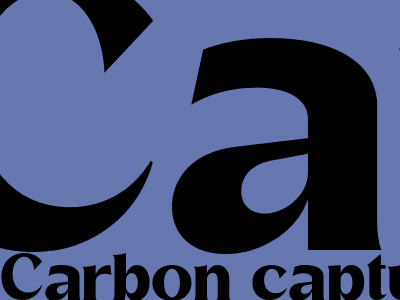
World's largest carbon storage scheme to start injection in September
Joint project between INEOS, Wintershall Dea and TotalEnergies will capture carbon dioxide emissions from Norway and store them under North Sea
Under the North Sea project over 3.6 million tonnes of CO2 will be captured annually from Norway and transported 68 miles by pipeline to a storage site under the Danish and Dutch North Sea.
The world's largest carbon storage scheme is set to start injecting carbon dioxide (CO2) under the North Sea in September, marking a significant milestone in the fight against climate change.
The Porthos project, a joint venture between INEOS, Wintershall Dea and TotalEnergies, will capture CO2 emissions from industrial plants in Norway and transport them by pipeline to a storage site under the Danish and Dutch North Sea.
The project is expected to capture and store over 3.6 million tonnes of CO2 annually, equivalent to the emissions of one million cars or the annual energy use of 300,000 homes.
The CO2 will be captured using a technology called carbon capture and storage (CCS), which involves capturing CO2 from industrial processes and storing it underground. CCS is seen as a key technology for reducing greenhouse gas emissions and mitigating climate change.
The Porthos project is one of several CCS projects that are currently being developed around the world. The International Energy Agency (IEA) estimates that CCS could account for up to 15% of global emissions reductions by 2050.
The Porthos project is a major step forward in the development of CCS technology and could help to pave the way for a more sustainable future.
Key benefits of the Porthos project:
Reduces greenhouse gas emissions: The Porthos project will capture and store over 3.6 million tonnes of CO2 annually, equivalent to the emissions of one million cars or the annual energy use of 300,000 homes.
Supports the development of CCS technology: The Porthos project is a major step forward in the development of CCS technology and could help to pave the way for a more sustainable future.
Contributes to climate change mitigation: CCS is seen as a key technology for reducing greenhouse gas emissions and mitigating climate change. The Porthos project is a significant contribution to the global effort to combat climate change.